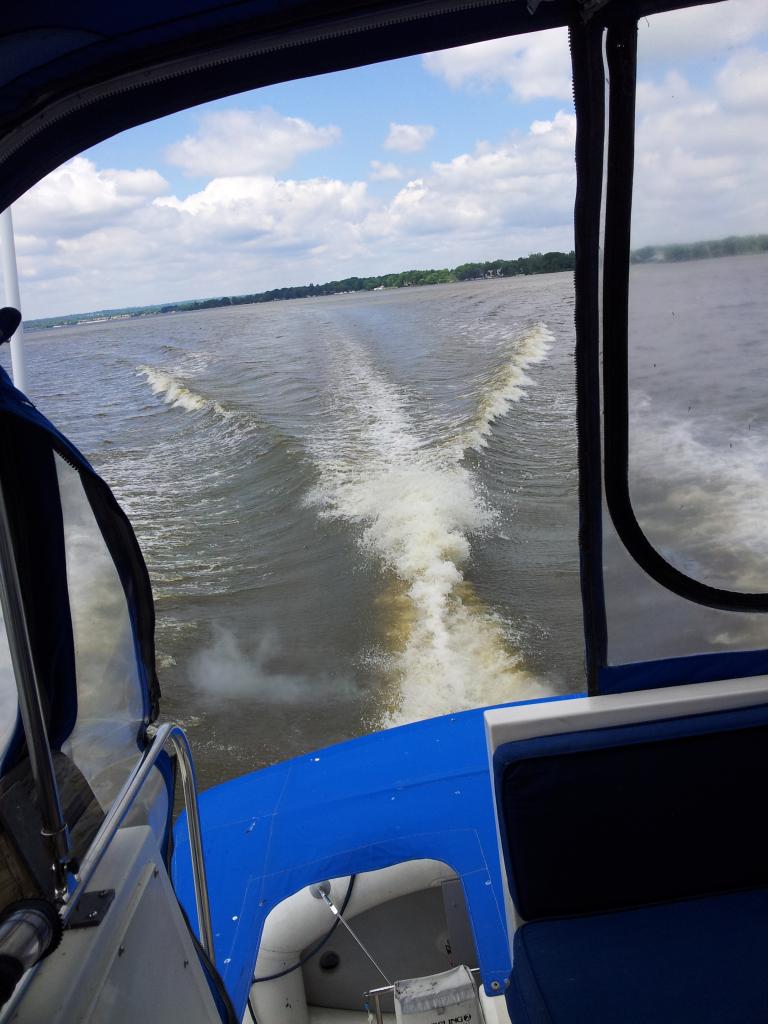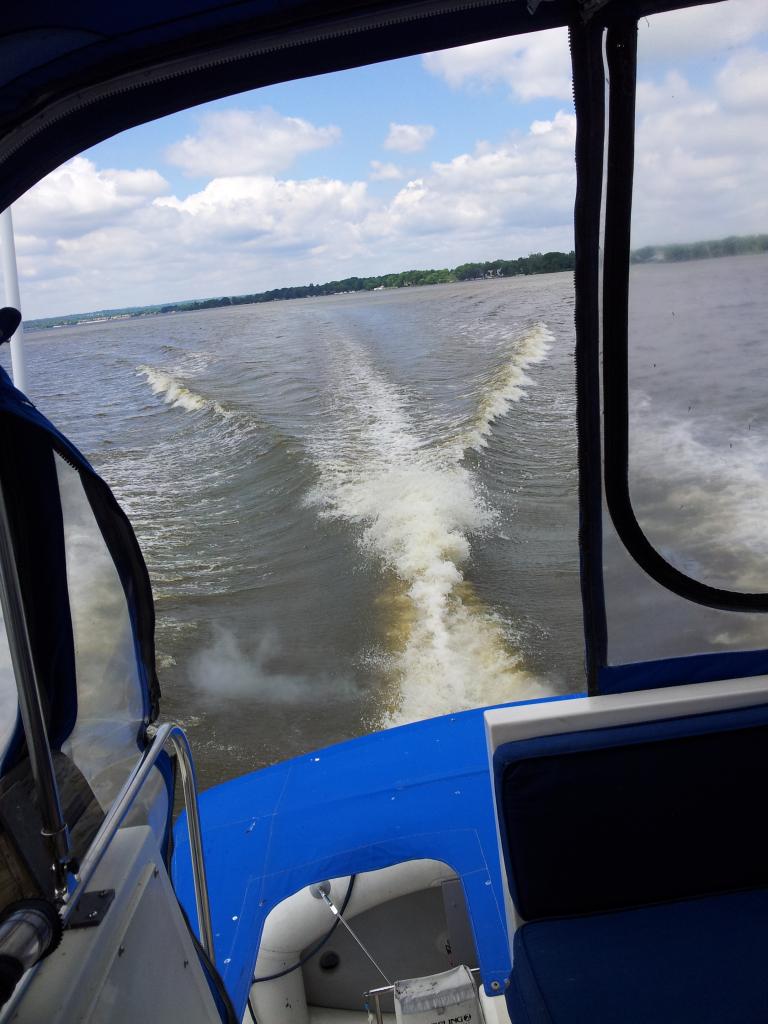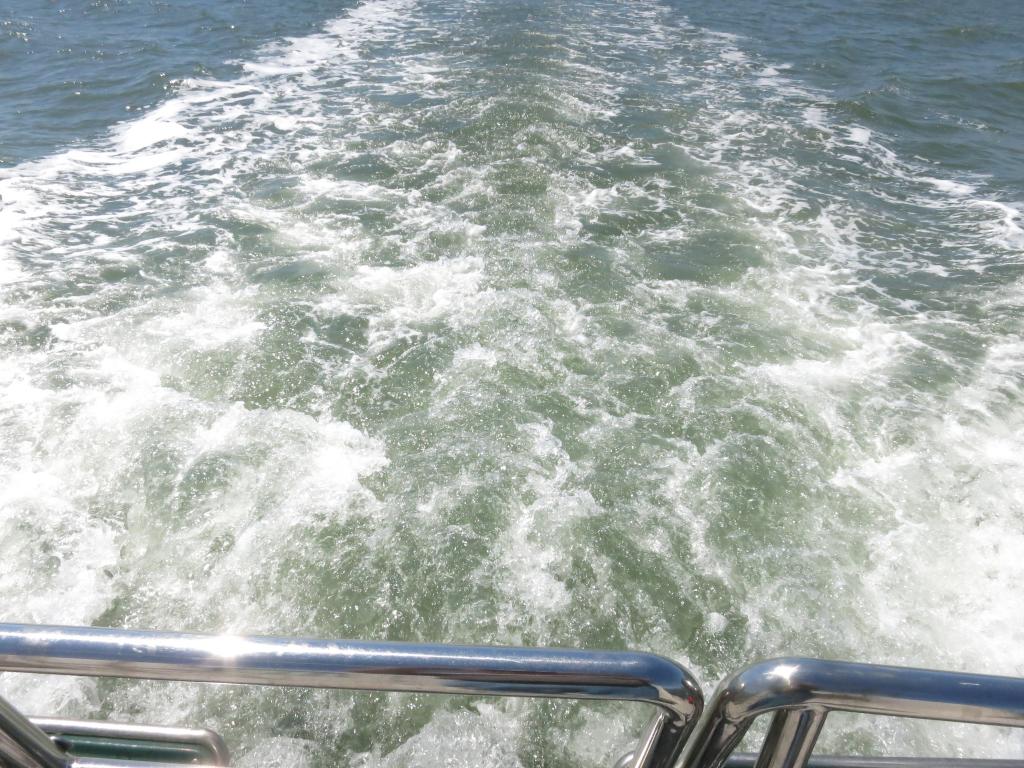Nomad Willy
Guru
This is an extension of the minimum RPM thread.
Vashon Trawler wrote;
"I love your statement, Manyboats. So true! This has been an interesting thread. It is impossible for me to believe that occasionally running a marine diesel at WOT will cause damage.
I bring my diesel up to WOT in gear for one or two minutes at least once per month to ensure all is well and I can a reach my target of 3400-3600 RPM. I may be in an emergency situation where I actually need the HP; and, knowing my prop is pitched correctly (not under-propped), I can confidentially deliver full HP at maximum RPM! My Volvo Penta manual suggests not running WOT for more than 10-15 minutes as I recall, which is a long time in my book and this is probably conservative."
VT thank you and I think ...
" Volvo Penta manual suggests not running WOT for more than 10-15 minutes as I recall," ... is typical.
I've never run WOT for 10 minutes either but I'm sure I could w/o side effects or engine damage.
Vashon Trawler wrote;
"I love your statement, Manyboats. So true! This has been an interesting thread. It is impossible for me to believe that occasionally running a marine diesel at WOT will cause damage.
I bring my diesel up to WOT in gear for one or two minutes at least once per month to ensure all is well and I can a reach my target of 3400-3600 RPM. I may be in an emergency situation where I actually need the HP; and, knowing my prop is pitched correctly (not under-propped), I can confidentially deliver full HP at maximum RPM! My Volvo Penta manual suggests not running WOT for more than 10-15 minutes as I recall, which is a long time in my book and this is probably conservative."
VT thank you and I think ...
" Volvo Penta manual suggests not running WOT for more than 10-15 minutes as I recall," ... is typical.
I've never run WOT for 10 minutes either but I'm sure I could w/o side effects or engine damage.
Last edited:

 but ---
but ---


